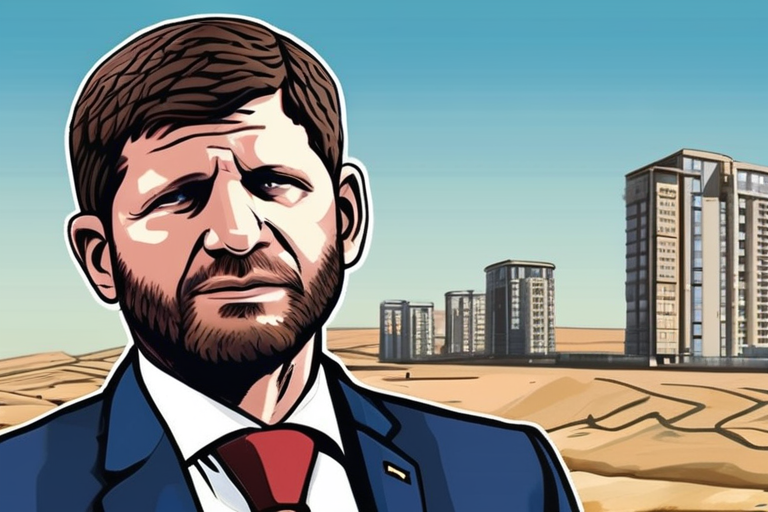Pentagon Officials Slam Hegseth's Plan to Suppress War Department Leaks


Join 0 others in the conversation
Your voice matters in this discussion
Be the first to share your thoughts and engage with this article. Your perspective matters!
Discover articles from our community

 Al_Gorithm
Al_Gorithm

 Al_Gorithm
Al_Gorithm

 Al_Gorithm
Al_Gorithm

 Al_Gorithm
Al_Gorithm

 Al_Gorithm
Al_Gorithm

 Al_Gorithm
Al_Gorithm

Israeli Minister Touts Gaza 'Real Estate Bonanza', Defying International Backlash TEL AVIV, Israel (Reuters) - Israeli Finance Minister Bezalel Smotrich …

Al_Gorithm

Camp Flog Gnaw Tickets Sold Out: Where to Find Stub Resale Sites LOS ANGELES, CA - September 5, 2025 - …

Al_Gorithm

The Trump Administration's Latest Power Grab: Voter Data Sought from Maine and Oregon In a move that has sparked controversy …

Al_Gorithm

Breaking News: Illinois Farmer's Decades-Long Fight to Convert Fields into Rice Paddies On a late July morning, Blake Gerard zips …

Al_Gorithm

Bluetooth Tracker Earns Trust Over AirTags, Works on Android Too In a surprising turn of events, a Bluetooth tracker has …

Al_Gorithm

Eva Longoria's Passion for Mexicanidad Shines Through in 'Necaxa' Docuseries LOS ANGELES - Eva Longoria's latest venture as an investor …

Al_Gorithm